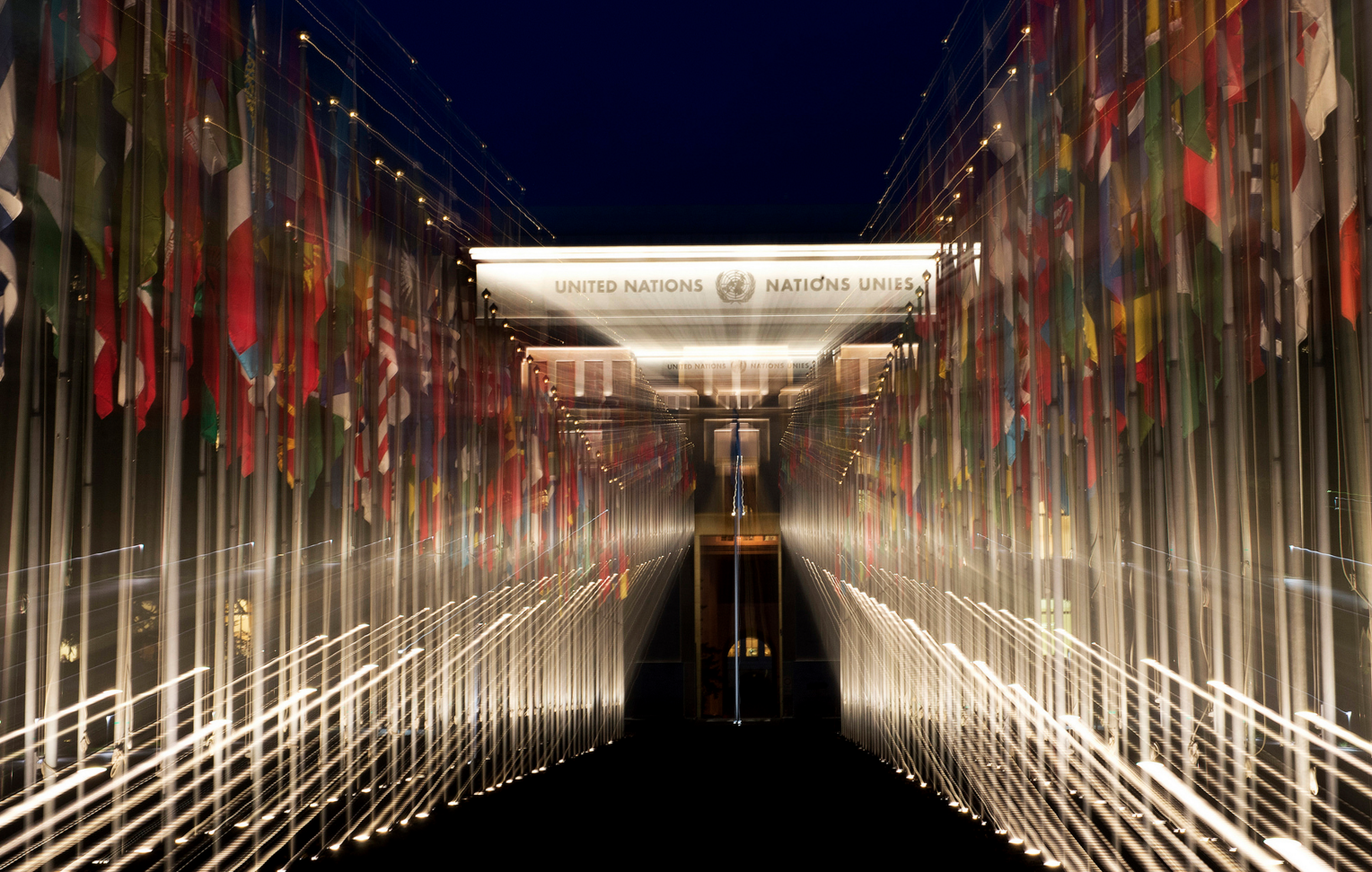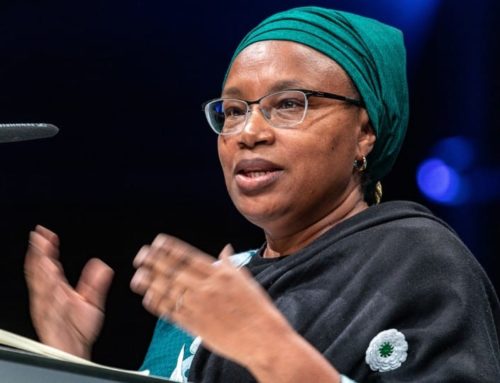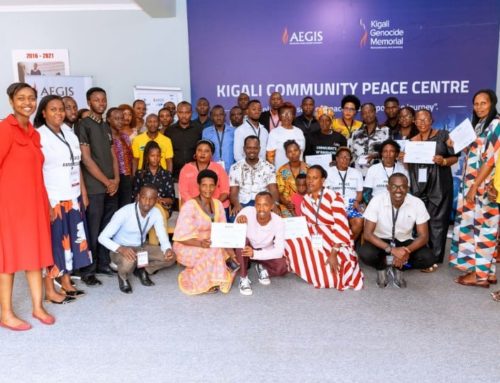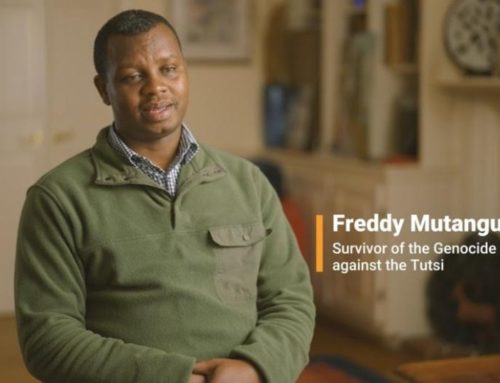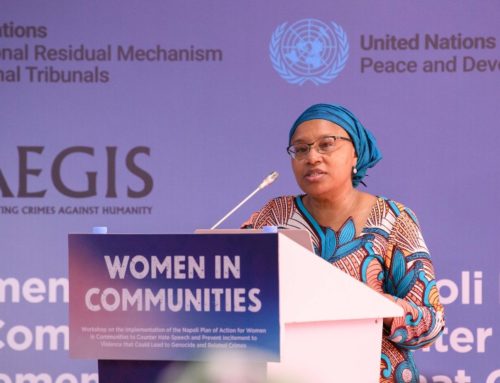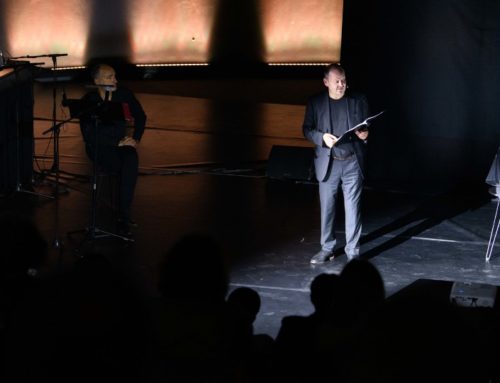At the invitation of the Swiss Federal Department of Foreign Affairs the GPANet – Genocide Prevention Advisory Network – held its annual meeting in Geneva from November 30th to December 2nd.
The purpose of the GPANet is to provide scientifically based risk assessments, analysis of mass atrocities, and advice to all interested parties, including academic bodies, the United Nations and individual governments to prevent genocide and other mass atrocities. The GPANet was founded in the late 1990s as a combined initiative of a number of academics. Aegis’ CEO, Dr James Smith, was among those founding members. The annual meeting comprised two days of seminars and a conference at the United Nations in Geneva on the third day.
Aegis CEO Dr Smith and the Aegis Trust’s Special Representative on Crimes Against Humanity, Dr Mukesh Kapila, took part along with many other participants including professors Yehuda Bauer and Barbara Harff; Pulitzer Prize winner Roy Gutman, and Professor Eric Reeves, leading researcher and analyst on Sudan’s continuing crises and wars in Darfur, the Nuba Mountains and Blue Nile.
During the conference Dr Kapila was invited to share his experience as former Head of the UN in Sudan (2003-2004). The whistleblower who brought mass atrocities in Darfur to global attention in 2004, he has since returned to Sudan three times with Aegis, most recently last year. In his keynote speech, he put the emphasis on the fact that the international community was well aware of what was happening in Sudan and Darfur but the lack of political will prevented it from taking action. Indeed at that time the United States could not act without the support of other governments that were reluctant to engage simultaneously in Iraq and Sudan and that were more preoccupied by the peace deal ending Sudan’s north-south civil war. When Kapila understood that neither the UN nor Western governments would take action while hundreds of thousands of people were killed, raped and displaced in Darfur, he decided to speak to the media. Less than one month later, Darfur was on the agenda of the UN Security Council. Since 2009 the President of Sudan, Omar al-Bashir, has been indicted by the International Criminal Court on charges of war crimes and genocide.
Kapila is still fighting to bring peace in Sudan and Darfur and to hold Omar al-Bashir accountable for his alleged crimes. His book, Against A Tide Of Evil, is the telling of his unique experience.
James Smith was a panelist on the third day and spoke at the UN in Geneva. He gave a presentation about the Aegis Trust’s ‘Education for Sustainable Peace: a Tool for Preventing Mass Atrocities and Violent Extremism’.
Smith noted that Education is the strongest weapon to change the world, yet those convicted of the most heinous crimes in history are among the most educated in their societies. While important as base knowledge, there is no evidence that learning about such atrocious historical events changes attitudes or behaviour. We then must ask: what kind of education can prevent massive atrocities?
In post-genocide Rwanda the aim of Education for Sustainable Peace is to establish resistance against violence at an individual and community level. In designing the programme, the Aegis Trust, with partners and the Rwandan Ministry of Education, aimed to foster the characteristics common to people who in times of mass violence, demonstrate the courage to help those at risk. These include greater empathy; independent-minded critical thinking, making them resistant to hate propaganda; respect for others outside their community; and a strong sense of personal responsibility for their actions.
Leaders in countries where mass atrocities threaten the fabric of communities – such as the Central African Republic – now recognize that the Aegis Trust’s education programme could prevent untold human suffering.

